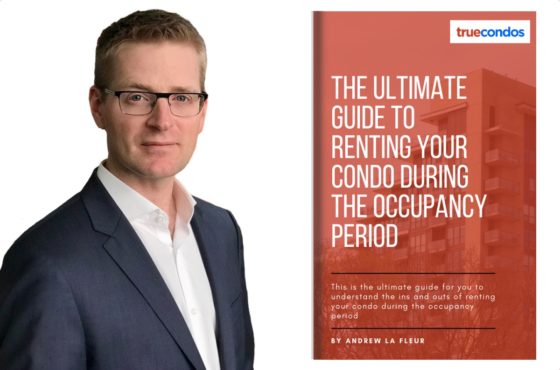How Much Will My Condo Be Worth in 5 Years?

If you are thinking about investing in a new condo you are probably wondering what is the upside and where will prices be in 5 years from now?
How much profit will I make?
It is an important question and one I will answer now but it’s a bit of a red herring.
So many new investors get caught up playing the game of trying to bust out the crystal ball and predict the future.
The truth is no one knows what is going to happen to property values in the future.
Focusing on appreciation when investing is a gambler’s game.
You might win occasionally, but you’re bound to get burnt if appreciation is your primary focus.
It’s a dangerous game to play.
I’ve seen so many investors over the years get clouded by thoughts of huge appreciation, they lose focus of what’s really most important: cash flow.
Cash Flow is King
The most important rule to remember when investing in any kind of real estate is that cash flow is king.
You should always look at the cash flow situation of a condo first, before looking at appreciation – or anything else about the property.
Rule of thumb: if a condo doesn’t yield a positive monthly cash flow with 20% down, then move on.
With that being said, here are a few thoughts on appreciation.
1. Past performance does not guarantee future performance
Just because a building or a neighbourhood or a suite type has appreciated well in the past does not mean it will continue to do so in the future.
In the crazy days of 2005-2010 we saw condos appreciate at 8-10% per year.
2011-2014 prices went up only about 2% on average.
Now in 2015 we are seeing prices more going up more like 5-7%.
There are so many other external factors that can affect appreciation rates that to look at the past and expect history to repeat itself is not a smart strategy.
This is one mistake I see investors making time and time again. And this is a perfect illustration of exactly how focusing on appreciation clouds your judgement and can lead to bad decisions.
2. Statistics can be deceiving
When you are looking at historical appreciation rate statistics, be careful.
Statistics can be manipulated in a number of ways to say pretty much whatever the user wants them to say.
The real estate industry is notorious for this.
Also, ‘average price’ is kind of a meaningless stat when you are looking at a specific property. There are so many factors that can affect average prices – both positively and negatively.
You don’t care about the average of the entire market, you really only care about what this one single property is going to do.
3. No one has a crystal ball.
This point is worth repeating: no one can predict the future value of a property when you are talking 3, 5,10 years from now.
Trying to do so is pretty much a waste of energy and more importantly, it is often a distraction from what is most important, so don’t focus too much on this aspect when making investment decisions.
Anyone who says they know for sure what a property will be worth in the future is lying.
4. The price you buy at is more important than the price you sell at
There is an old real estate investment mantra that is worth remembering: “You make money when you buy, not when you sell”.
What this means is that the price you pay is the biggest determining factor to how much of a profit you will make when you sell in the future.
If you follow my UP Investing™ formula when you buy you will do very well.
What is UP Investing? It’s when you buy a condo that is Under market value and gives you Positive cash flow.
Check out this video to learn more.
So how much will my condo be worth in 5 years?
If you follow my advice and rules above, your condo will very likely be worth a lot more in 5 years time then what you originally paid for it.
That said, historically if you look back at appreciation rates of Toronto real estate over the long term (25 years), the city averages about 5-6% per year.
So when I need to make an assumption for future appreciation I consider that fact, but I like to cut that number in half to be conservative.
So I say, what would this investment look like if it only appreciated by half the long term average (about 3% per year).
I hope you found this article helpful. Subscribe for more insights like this sent directly to your inbox.



